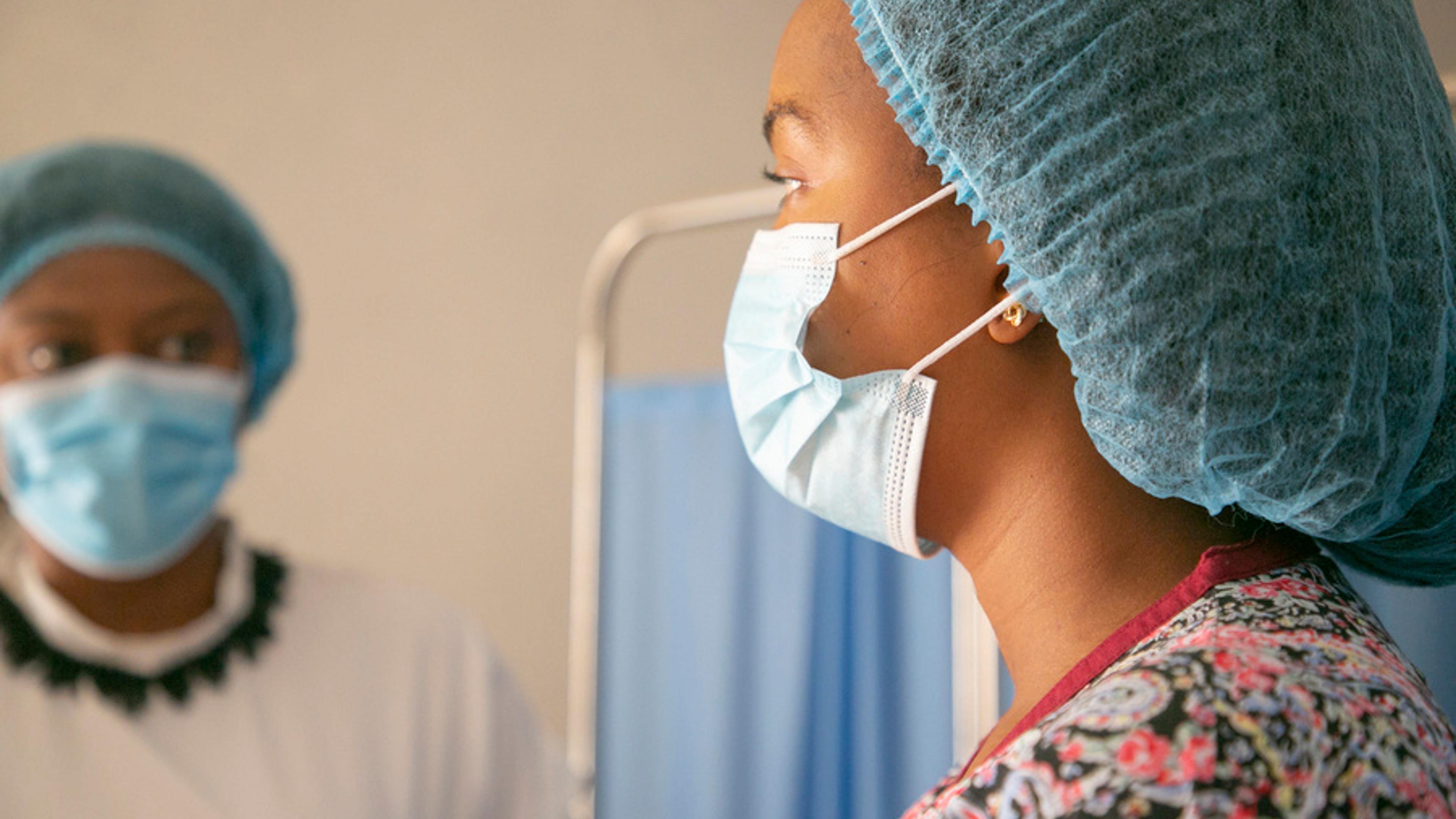Strengthening access to neonatal care
 © Natalie Oren, IOM
© Natalie Oren, IOMWhat is the challenge?
According to WHO 2020, Nigeria is one of the top five countries with high numbers of newborn deaths globally. The distribution of these deaths is uneven: 62 deaths per 1,000 live births in the South compared to 187 deaths per 1,000 live births in the North. The Northern region of Nigeria is impacted with incessant armed conflicts, communal clashes, kidnapping, and general insecurity that have resulted in the displacement of 2.9 million people.
Amidst the general poor medical service provision in this context, access to emergency neonatal care is often complicated and restricted due to competing priorities, and availability of basic infrastructures required for neonatal support, emergency transportation and referral linkage for critically sick and small babies.
What is innovative about the project?
The project seeks to strengthen emergency neonatal care in humanitarian settings through the provision of locally adapted solar powered portable neonatal devices fitted into an ambulatory system. The overall goal is to promote the design and implementation of bold, innovative, and cost-effective ambulatory systems that are scientifically valid, adapted to local needs, acceptable to both patients and healthcare providers, and can be utilized and maintained with locally available resources in humanitarian settings.
What are the expected outcomes?
The pilot phase of the project will be adapted to the humanitarian need of displaced populations in Borno state Nigeria. The project will focus on the potential application of the commonly available tricycle vehicle known as ‘Keke’ in Nigeria for emergency evacuation of critically sick and small babies in hard-to-reach areas. The use of neonatal thermal and respiratory support devices designed to operate on solar power, are portable and that can fit into the proposed transportation means will be included in the project. In addition, the incorporation of the innovations into local health service provision through training of the healthcare providers on the use and maintenance of the technologies.
Who are the project partners?
This project is led by IOM who will collaborate with other UN Agencies, humanitarian organizations, local government actors and private sector.